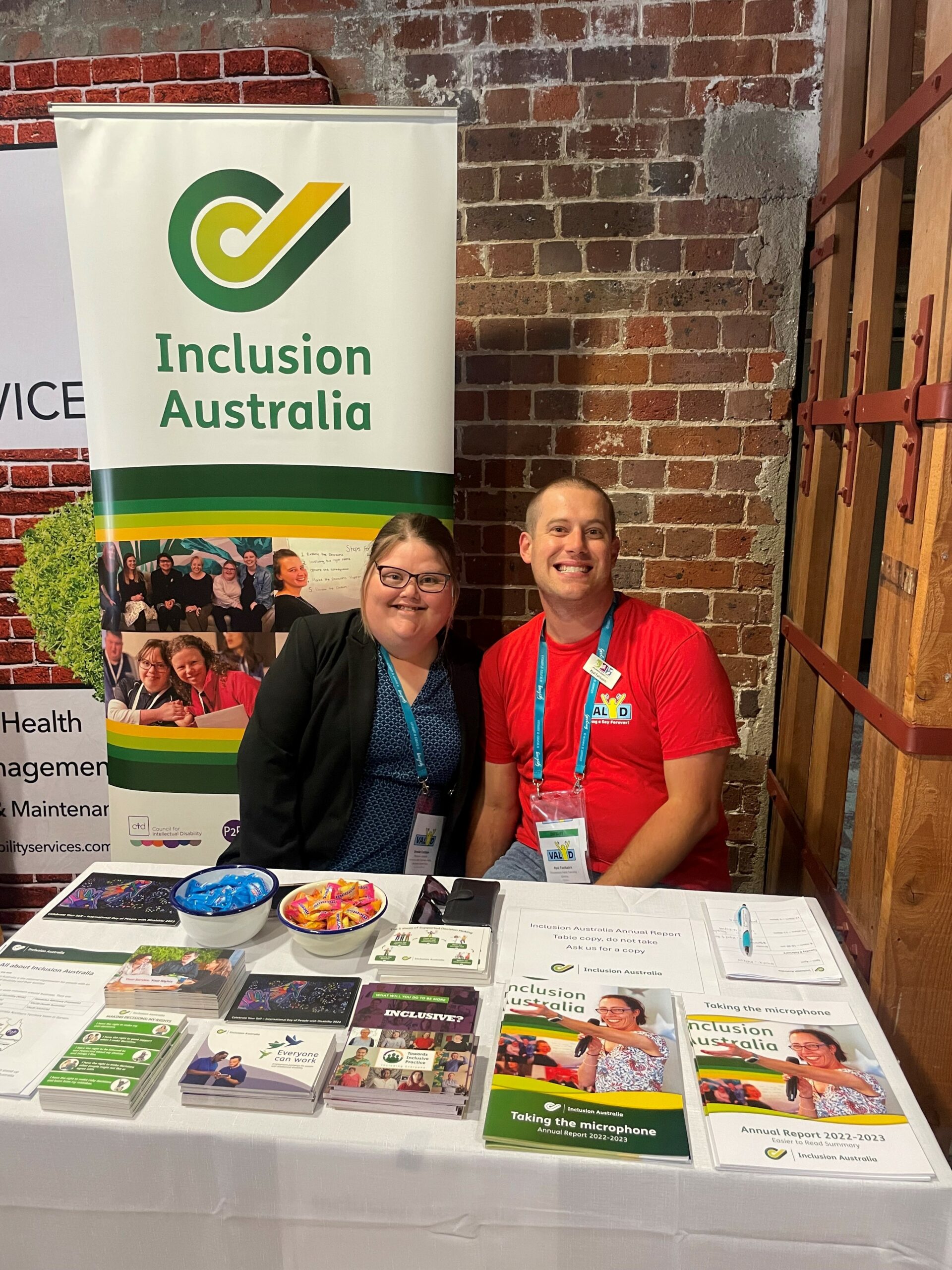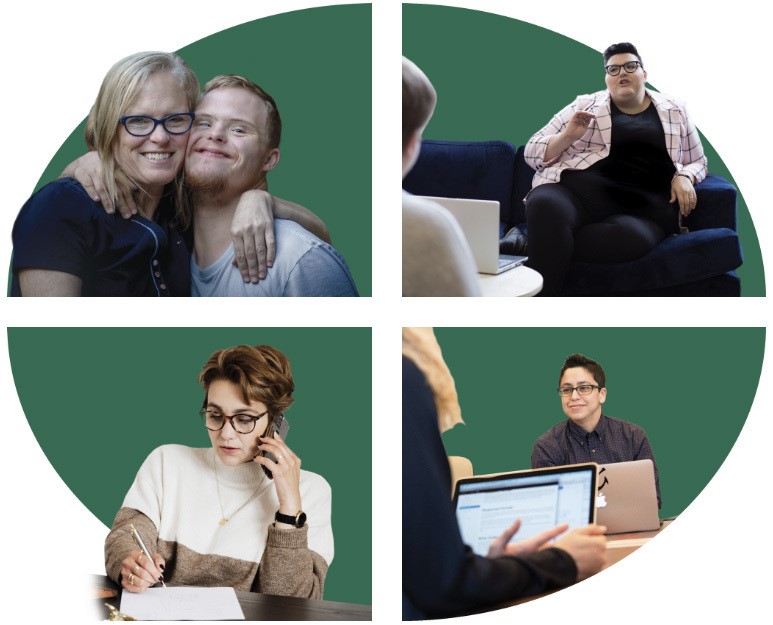Calling for urgent action to address barriers to accessing the Disability Support Pension, the risk of poverty for recipients and to reform how eligibility is assessed and avenues for dispute resolution.
PWDA and community organisations condemn Government failure to act on DSP Senate Inquiry Report


During last week’s Senate Estimates the Australian Government released its official response to the report on the Purpose, intent and adequacy of the Disability Support Pension (DSP). People with Disability Australia, ACOSS and disability advocacy organisations have expressed alarm at the Government’s dismissal of the report’s recommendations and called for urgent action to address barriers to accessing the DSP, the risk of poverty for recipients and to reform how eligibility is assessed and avenues for dispute resolution.
Key recommendations from the report that have not been actioned include:
- Amending claims processes to ensure people with disability or chronic illness who have little opportunity to enter or re-enter the labour force are granted the Disability Support Pension.
- Removal of mutual obligations for people during the process of their claims and making the program of support voluntary, “abandoning punitive compliance measures” and making employment services more effective.
- Increasing funding for disability advocacy, community legal services and First Nations organisations to support DSP claimants in their claims process.
- Increasing funding to improve linkages between Services Australia and First Nations organisations.
- Establishing principles in the administration of social security, including proactively assisting people to access support; treating people with respect.
- Making adjustments to service delivery to meet individual needs.
While changes to the impairment tables in 2023 were a starting point for reform, the failure to act on the systemic flaws in how the DSP is administered and who it is available to has left people with disability without the financial resources necessary to live.
People with Disability Australia (PWDA) President Marayke Jonkers:
“It’s unacceptable that this report has sat on the shelf for over two years and received such a lacklustre response. The Government has not explained why the report’s recommendations are no longer relevant. We know the Disability Support Pension needs to be higher and available to more people with disability or far too many in our community will continue to live in poverty and not have the financial resources to meet their most basic needs. The Government must take action.
“This response from the Government collides with changes to the NDIS and people with disability facing new or continued gaps in services and fears over how they will pay for things like mobility aides, assistive technology and support workers.”
“Major changes are needed to support the employment of people with disability but these must go hand-in-hand with an adequate social safety net for those who are unable to participate in employment, including people with chronic illnesses. The Disability Support Pension is a lifeline for many that determines whether their support and living needs will be met – and there are too many people who don’t have access, who should.”
ACOSS CEO Dr Cassandra Goldie:
“Everyday people with disability struggle to afford the basic essentials of life due to a system that does more to exclude them than support them.
“Each year, 44% of claims for the Disability Support Pension are rejected thanks to a bureaucratic, stressful and impersonal claims process. People with disability end up on the woefully inadequate $56 a day JobSeeker Payment, with some forced to do mutual obligations despite having a disability or chronic ill health.
“The government cannot sweep this national shame under the rug. It has a duty to ensure Australia’s social security provides people with enough to cover essentials, including the extra costs that disability brings, and are treated with the respect and dignity they deserve.”
Statement endorsed by:
- People with Disability Australia
- Australian Autism Alliance
- Australian Council of Social Service
- Community Mental Health Australia
- Children and Young People with Disability Australia
- Disability Advocacy Network Australia
- Down Syndrome Australia
- First Peoples Disability Network
- Inclusion Australia
- National Ethnic Disability Alliance
- Women with Disabilities Australia
MEDIA CONTACT
0491 034 479
Available for interview:
- President People with Disability Australia Marayke Jonkers
- Deputy CEO People with Disability Australia Megan Spindler-Smith
- CEO ACOSS Dr Cassandra Goldie
- CEO Children and Young People with Disability Australia Skye Kakoschke-Moore
- Strategic Partnership Manager Francis O’Neill Community Mental Health Australia
- CEO Inclusion Australia Catherine McAlpine
ABOUT PEOPLE WITH DISABILITY AUSTRALIA
People with Disability Australia Incorporated (PWDA) is a national disability rights and advocacy, non-profit, non-government organisation. We have a cross-disability focus, representing the interests of people with all kinds of disability and our membership is made up of people with disability and organisations mainly constituted by people with disability.
You can also read the media statement here (click below):






 On 22 May 1954, a group of families of people with an intellectual disability came together to advocate for inclusion and rights. That meeting went on for over two days and it was still running 70 years ago, today.
On 22 May 1954, a group of families of people with an intellectual disability came together to advocate for inclusion and rights. That meeting went on for over two days and it was still running 70 years ago, today.




